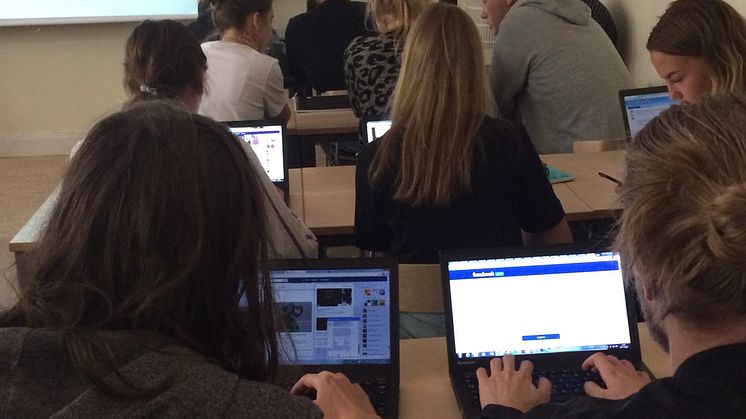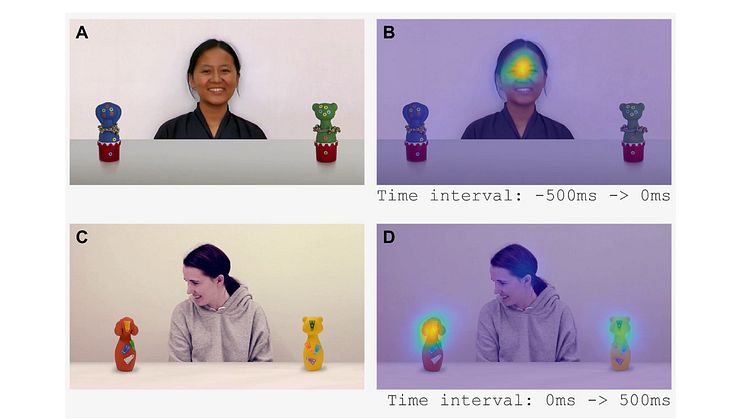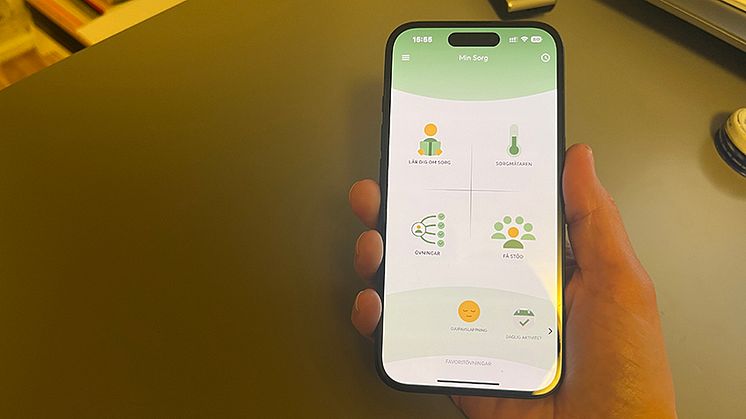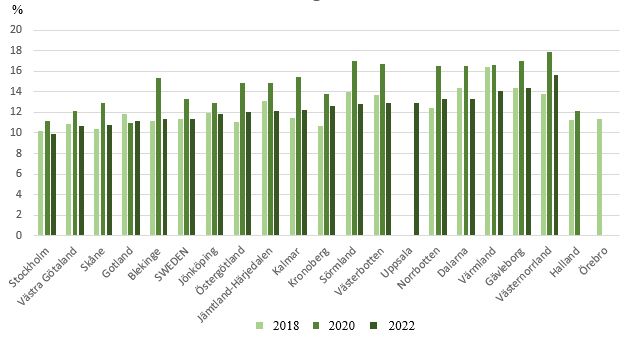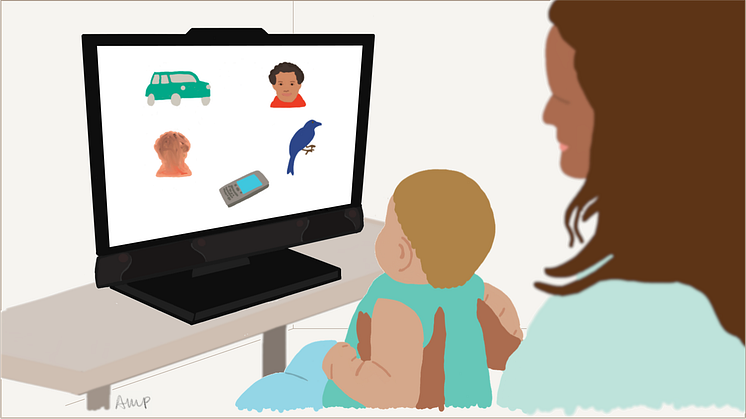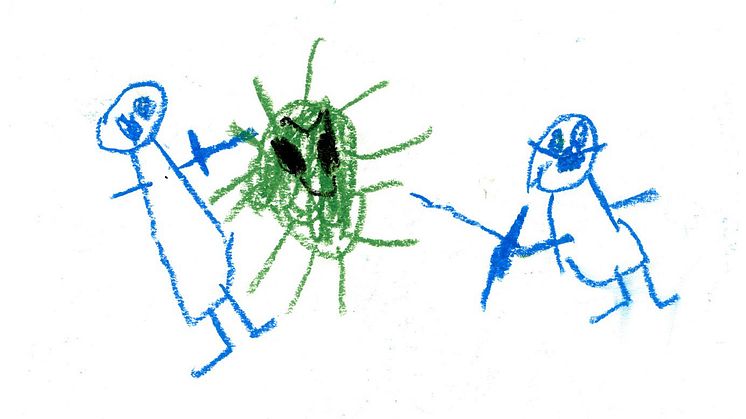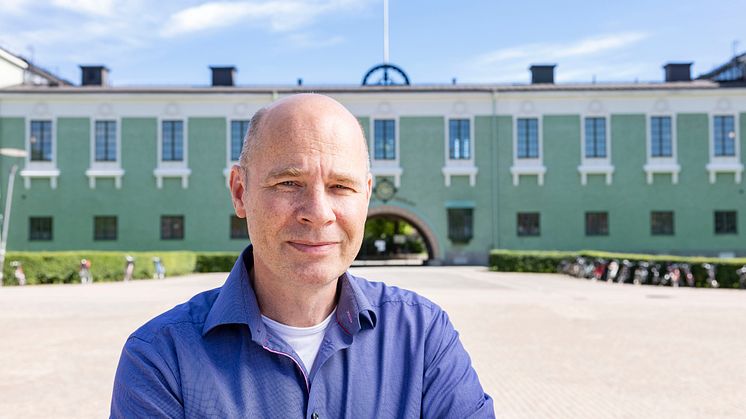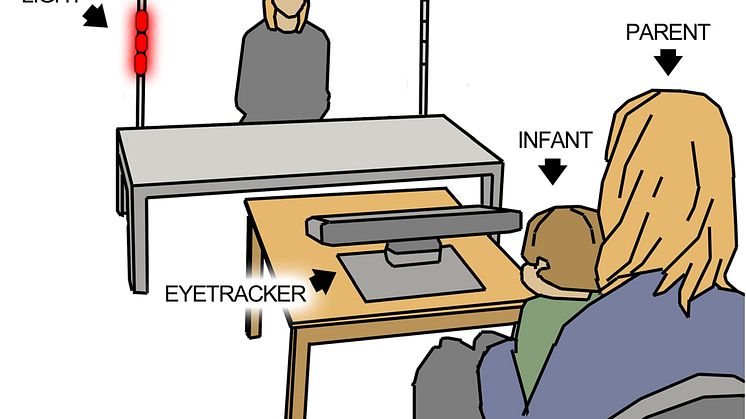Childhood trauma leads to more difficult births
Women who have been exposed to multiple traumatic experiences during childhood have more difficult births than others. They are much more likely to need emergency caesarean sections, suffer major haemorrhages or pre-eclampsia, and need more antibiotics. These findings come from a new study involving 1,253 women, who were monitored from before giving birth to one year afterwards.

